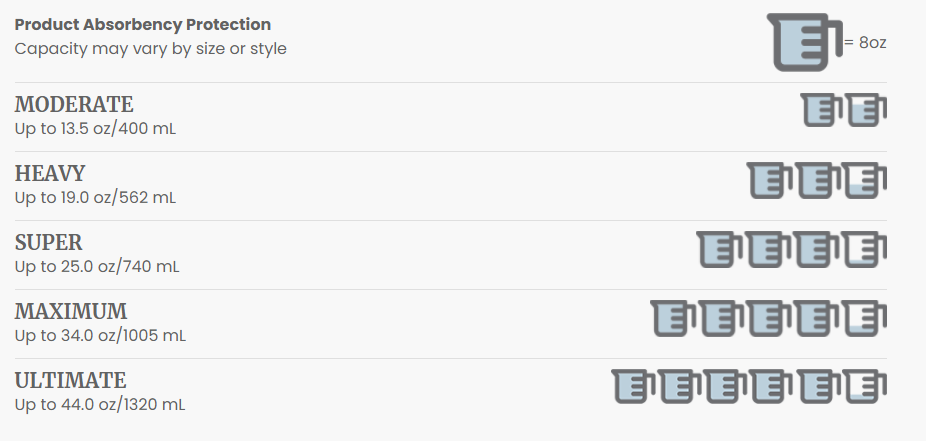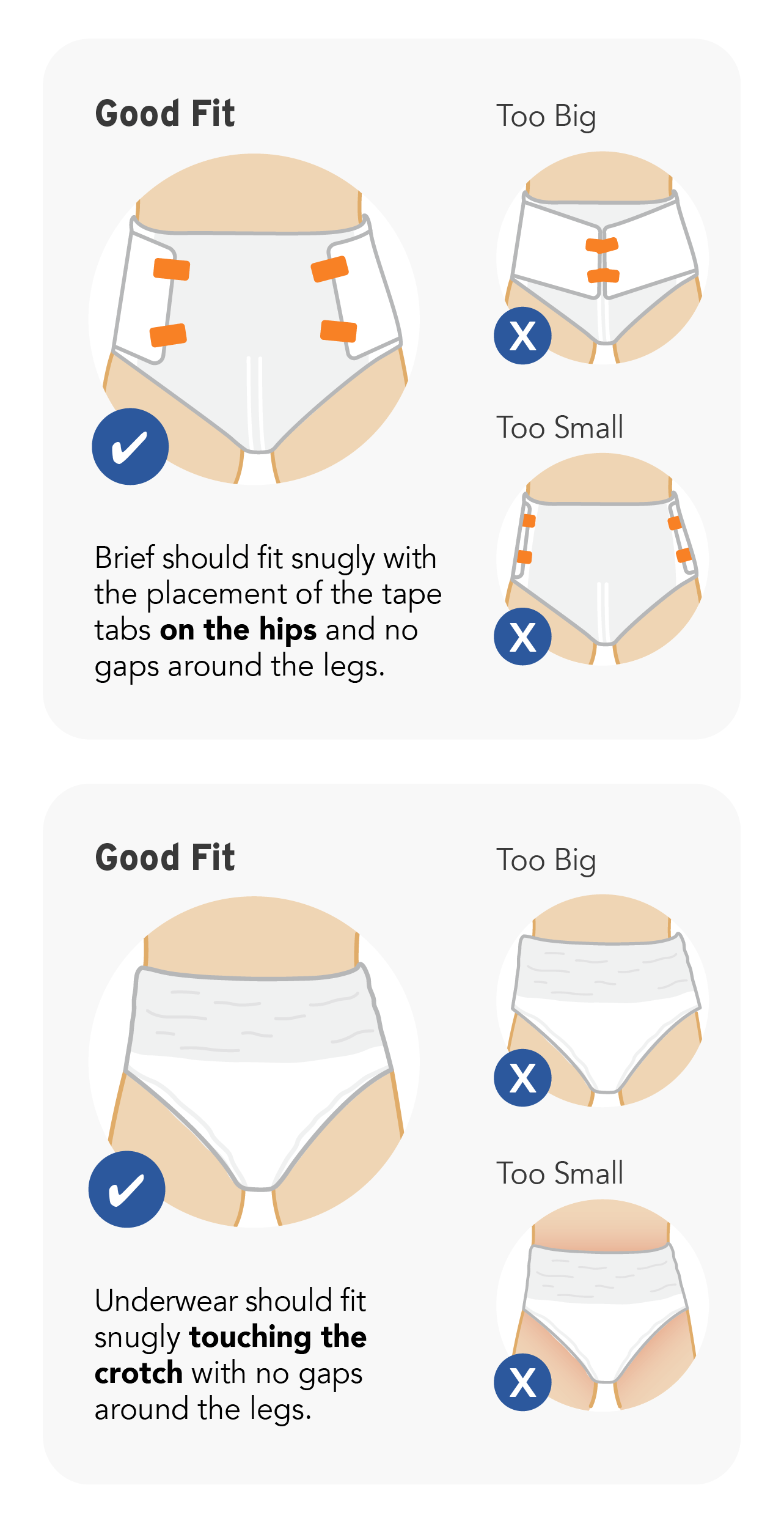As an Amazon Associate, I earn from qualifying purchases

The amount of urine held in the bladder could vary based on individual factors. Factors such as age, gender, and overall bladder health could influence how much urine a person could hold.
Understanding these factors could help individuals better manage their bladder and overall urinary health. The capacity of the bladder and the amount of urine it can hold can vary from person to person. Factors such as age, gender, and overall bladder health can influence the capacity of the bladder and the amount of urine it can hold.
By understanding these factors, individuals can make informed decisions about their urinary health and take proactive steps to maintain a healthy bladder. It is most important to consider these factors when managing urinary health and seeking to optimize bladder function.
Understanding Urination
Urination is an essential process that helps the body get rid of waste products. This is a very complex process that involves various organs and muscles working together. Understanding how urination works could help you maintain good bladder health.
The Urinary System
The urinary system comprises the kidneys, ureters, bladder, and urethra. The renal system sieves out waste substances from the bloodstream while generating urine as its byproduct. The urine then travels down the ureters and collects in the bladder. The bladder is a muscular sac that stores urine until it is time to be eliminated. The urethra is a tube that carries urine from the bladder out of the body.
Process Of Urination
Urination is a two-step process that involves the filling and emptying of the bladder. When the bladder reaches its capacity, it dispatches a message to the brain, signaling the necessity for evacuation. The brain then sends a message to the muscles in the bladder wall to contract, while at the same time relaxing the muscles in the urethra. This allows the urine to flow out of the body. The amount of urine that can be held in the bladder varies from person to person.
How Much Urine Can Be Held Depends On The Hold
The longer a person can hold their urine, the more the bladder can stretch and accommodate more urine. However, holding urine for too long can be harmful to the bladder and can cause urinary tract infections. It is recommended that a person urinate when they feel the need to do so.
| Factors that affect how much urine can be held in the bladder | |
|---|---|
| Age | The bladder capacity decreases with age |
| Gender | Men can hold more urine than women |
| Bladder conditions | Bladder infections or bladder cancer can affect bladder capacity |
| Medications | Some medications can increase or decrease bladder capacity |
It is most important to maintain good bladder health by drinking enough water, emptying the bladder regularly, and avoiding holding urine for too long. Understanding how urination works can help you take care of your bladder and prevent bladder problems.

Credit: tranquilityproducts.com
Capacity Of The Bladder
When it comes to the capacity of the bladder, the amount of urine that can be held varies from person to person. This is influenced by factors such as the bladder’s size, function, and individual variation.
Bladder Function
The bladder is a muscular organ that stores urine produced by the kidneys. When it fills up, nerve signals prompt the urge to urinate. The bladder then contracts to expel urine through the urethra.
Bladder Size Variation
The size of the bladder can vary among individuals, affecting how much urine it can hold. Women’s bladders are typically smaller than men’s, but capacity can also be influenced by age, health, and lifestyle factors.
Impact Of Holding Urine
Effects On Bladder Health
Regularly holding urine can put stress on the bladder, leading to potential complications such as weakening of the bladder muscles, which can eventually result in urinary incontinence. This could also increase the risk of developing urinary tract infections (UTIs) as the stagnant urine provides a breeding ground for bacteria.
Risk Of Urinary Tract Infections
Holding urine for prolonged periods can increase the risk of developing urinary tract infections, as it allows bacteria to multiply in the urinary system. This can lead to discomfort, pain, and potential complications if left untreated. Moreover, chronic UTIs can have a detrimental impact on overall health.

Credit: joylux.com
Expert Recommendations
In this section, we’ll explore expert recommendations for healthy urination habits and when to seek medical advice. Understanding the importance of these recommendations can help maintain optimal urinary health.
Healthy Urination Habits
Establishing healthy urination habits is essential for maintaining proper urinary function. Experts recommend following these guidelines:
- Drink plenty of water throughout the day to stay hydrated and promote regular urination.
- Avoid holding urine for prolonged periods as it can lead to bladder distension and discomfort.
- When urinating, ensure complete emptying of the bladder to prevent urinary retention.
- Adopting proper hygiene practices significantly diminishes the likelihood of contracting urinary tract infections.
When To Seek Medical Advice
While adhering to healthy urination habits is crucial, there are instances where seeking medical advice is warranted.Seeking guidance from a healthcare provider is essential if you encounter any of the following symptoms:
- Pain or burning sensation during urination, which could indicate a urinary tract infection.
- Frequent urination or urgency that disrupts daily activities.
- Changes in the color, odor, or volume of urine without any apparent cause.
- Difficulty initiating or maintaining urination, which may be a sign of an underlying medical condition.
Myth Busting
Myth Busting: When it comes to how much urine you can hold, there are many misconceptions that need to be debunked.
Common Misconceptions About Urination
- Drinking less water reduces the need to pee.
- Holding urine for a long time is harmless.
- Only excessive drinking causes frequent urination.
Debunking Holding Urine Myths
- Holding urine for too long can lead to urinary tract infections.
- Ignoring the urge to pee can weaken the bladder muscles over time.
- The bladder can only hold a certain amount of urine before needing to empty.

Credit: www.comfortplusonline.com
Practical Tips
Promoting Regular Urination
Encouraging regular urination is essential for maintaining a healthy bladder. Here are some practical tips to promote regular urination:
- Stay hydrated throughout the day by drinking water regularly.
- Take regular bathroom breaks, even if you don’t feel the urge to urinate.
- Avoid holding in urine for extended periods to prevent bladder discomfort.
Strategies For Healthy Bladder Habits
Developing healthy bladder habits can help ensure proper urine flow and overall bladder health. Consider the following strategies:
- Practice pelvic floor exercises to strengthen bladder muscles.
- Avoid consuming excessive amounts of caffeine and alcohol, as these can irritate the bladder.
- Establish a regular bathroom schedule to encourage consistent urination patterns.
Seeking Professional Help
Consulting A Urologist
A urologist specializes in urinary system health and can provide expert guidance on bladder control issues.
Diagnostic Procedures For Urinary Issues
Diagnostic procedures such as urodynamic testing help identify the underlying causes of urinary problems.
References
Holding urine for too long can lead to discomfort and potential health issues. It’s important to listen to your body’s signals and empty your bladder when necessary.
Credible Sources For Further Reading
For those interested in delving deeper into the topic of urinary patterns and the relationship between holding capacity and urine production, below are some credible sources that can provide more in-depth information:
- National Institute of Diabetes and Digestive and Kidney Diseases
- American Urological Association
- International Continence Society
Studies On Urinary Patterns
Various studies have been conducted to explore the dynamics of urinary patterns and the factors influencing them. These studies offer valuable insights into the complexities of urine production and the impact of holding capacity on the volume of urine expelled.
Frequently Asked Questions
How Much Pee Can Depends Hold?
Adult diapers can hold varying amounts of urine, depending on their size and absorbency level. On average, they can hold 1 to 2 cups of pee.
How Much Urine Can The Bladder Safely Hold?
The bladder can safely hold about 16 to 24 ounces of urine, equivalent to 2 to 3 cups.
How Much Pee Can A Pee Pad Hold?
A pee pad can hold different amounts of pee depending on its size and absorbency level. However, on average, a standard pee pad can hold up to 3-4 cups of liquid. It is important to change the pad as soon as it reaches its maximum capacity to avoid leaks and ensure your pet’s comfort.
Conclusion
In summary, Understanding the capacity of the bladder and the factors that influence urine holding capacity can help in managing urinary health.
By implementing simple lifestyle changes and seeking medical advice when necessary, individuals can take control of their urinary habits. This knowledge can lead to a better quality of life and overall well-being.
As an Amazon Associate, I earn from qualifying purchases

